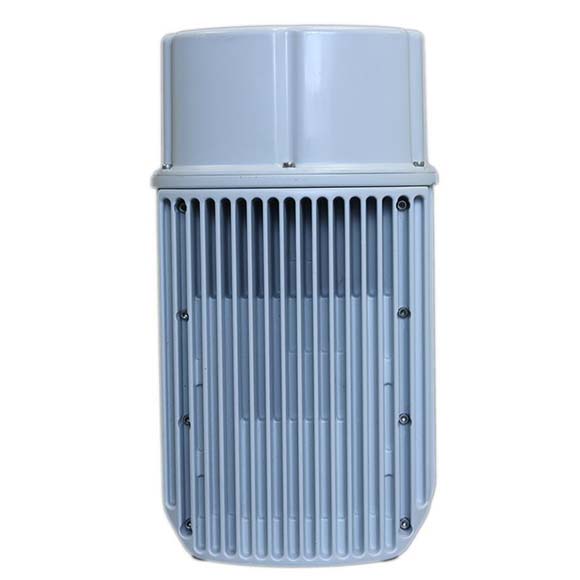South Valley Internet, a competitive broadband provider serving a semi-rural area south of Silicon Valley, has launched a symmetrical gigabit service using fixed wireless technology. We talked to Elise Brentnall, South Valley Internet president & chief operations officer, about the offering.
South Valley Internet got its start in 1994 as a dial-up internet service provider that eliminated the need for residents to make a long-distance call to San Jose to get online. Over the years the business has expanded to include VDSL, fiber and fixed wireless service.
“The wireless portion of the network is the biggest piece,” explained Brentnall.
Previously the company relied primarily on fixed wireless equipment operating in the 2.4 GHz and 5.8 GHz bands, but business customers were looking for higher bandwidth than equipment operating in those bands can support and wanted symmetrical service.
In February, South Valley Internet began testing fixed wireless equipment from Adtran that operates in unlicensed millimeter wave spectrum at 60 GHz and supports symmetrical gigabit speeds. Although this may sound a lot like the Terragraph technology developed by Facebook that has been licensed to several fixed wireless equipment manufacturers, it’s not Terragraph but instead is technology that Adtran developed in house.
The Mesh Approach
The challenge with using millimeter wave spectrum is that although it can support high bandwidth services, its range is relatively limited.
The Adtran technology is designed to overcome this limitation by using a mesh approach in which equipment installed at each customer site can act as a repeater for other customers.
South Valley Internet deployed the technology in a business park where it would have been too costly to deploy fiber. The company uses a point-to-point fixed wireless link from its point of presence in one of the towns that the company serves to the business park – a distance of about four miles.
Many of the businesses in the park were eager to get higher-speed service – and that demand helped justify the investment in the technology and nearly eliminated the need to invest in single-purpose repeaters.
South Valley Internet did lease connectivity for fixed wireless equipment on a few buildings in areas where gigabit customers were more than 800 feet from one another, but even those nodes have another purpose—they support the free internet connectivity that South Valley Internet also offers wherever it has a point of presence.
The South Valley Internet gigabit fixed wireless service costs $184.95 per month and currently is only offered to business customers, but Brentnall said the company is planning a residential test market of the technology.
She noted that Adtran is working on the next generation of the gigabit fixed wireless CPE that will have greater range, which could help build a business case for residential service.
It’s worth noting that Terragraph also uses a mesh approach.
It’s also worth noting that Adtran references 600-meter coverage for its gigabit fixed wireless offering. (Brentnall said South Valley Internet was conservative in its network planning.)
Adtran’s offering is designed to provide coverage exceeding 600 meters for customers that are willing to accept reduced bandwidth.
Additional information about South Valley Internet’s gigabit fixed wireless offering can be found in this press release.



